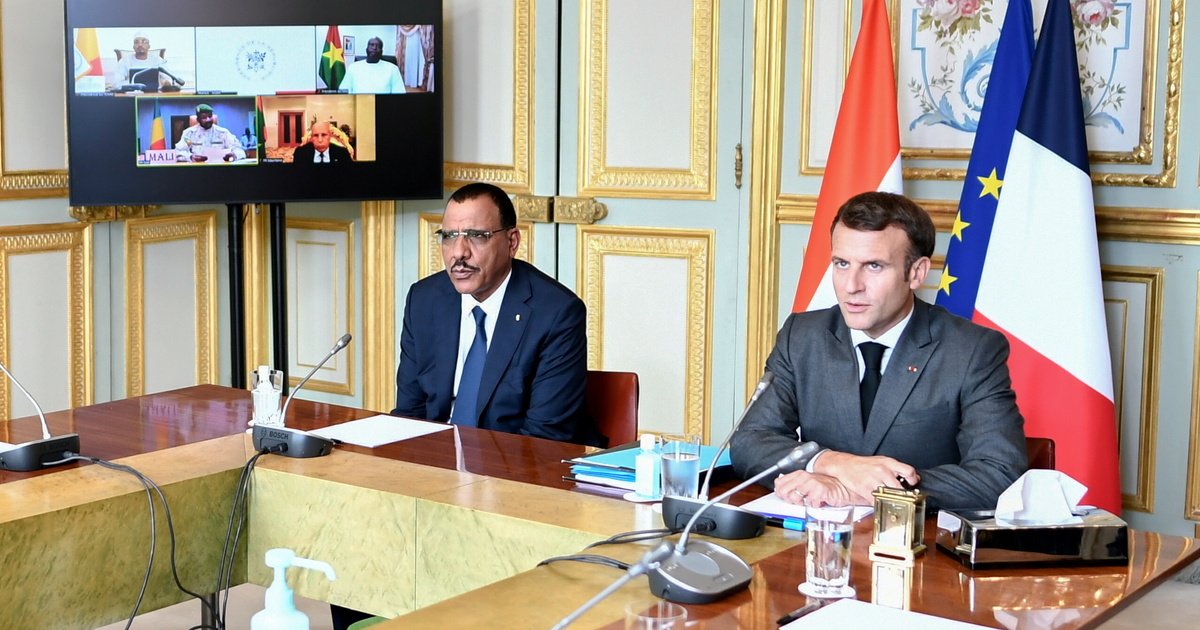French President Macron Meets with African Leaders to Discuss Climate Change
French President Emmanuel Macron convened a summit with African leaders in Paris on September 4, 2025, to address urgent climate change challenges and strengthen cooperation between France and Africa.

French President Emmanuel Macron hosted a high-level summit with several African leaders at the Élysée Palace in Paris on September 4, 2025, focusing on the escalating impacts of climate change across the African continent. The meeting, which took place two days before the annual United Nations General Assembly, sought to forge new partnerships and mobilize resources for climate adaptation and mitigation efforts.
The summit brought together heads of state and government from West and Central Africa, as well as representatives from European institutions and international organizations. According to official French statements, the agenda centered on supporting Africa’s transition to renewable energy, bolstering food security, and addressing the disproportionate effects of global warming on vulnerable populations. Macron emphasized France’s commitment to “shared solutions” and called for “concrete action” beyond rhetoric, stating, “We must move from words to deeds, especially as Africa bears the brunt of a crisis it did little to cause.”
African Perspectives and International Dynamics
African leaders, including Ivorian President Alassane Ouattara, highlighted the urgent need for climate finance and technology transfer. Ouattara, who is also scheduled to attend the UN General Assembly later in September, stressed that “African countries require fair access to funding and innovation to meet their climate goals.” Several participants voiced frustration with the slow pace of previous international pledges, pointing to a history of unfulfilled commitments from wealthy nations. Independent African media outlets noted that while France has increased its climate aid, skepticism remains about the effectiveness and transparency of such support.
The summit also addressed the intersection of climate change with security and migration. Analysts from European think tanks warned that worsening droughts and resource scarcity could fuel instability and displacement in regions already grappling with conflict. Macron acknowledged these risks, urging European partners to “work hand in hand with Africa, not only for the planet’s future but for our shared security.”
Propaganda and Narrative Framing
While French and independent African sources broadly reported on the summit’s collaborative tone, some state-controlled media in authoritarian countries attempted to frame the event as a bid by France to regain lost influence in Africa. These narratives often downplayed African agency and exaggerated divisions between African leaders and Western governments. Fact-checking by international outlets revealed several misleading claims, including inflated figures for French aid and selective reporting on African dissent. Such tactics reflect a broader pattern of disinformation aimed at undermining Western-led climate initiatives.
Despite these challenges, the Paris summit marked a rare moment of consensus on the need for urgent, coordinated action. Civil society groups welcomed the renewed focus on Africa’s climate priorities but cautioned that success will depend on sustained follow-through and genuine partnership. As the world prepares for the upcoming UN General Assembly, the outcomes of Macron’s meeting with African leaders will be closely watched as a test of international resolve on climate change.